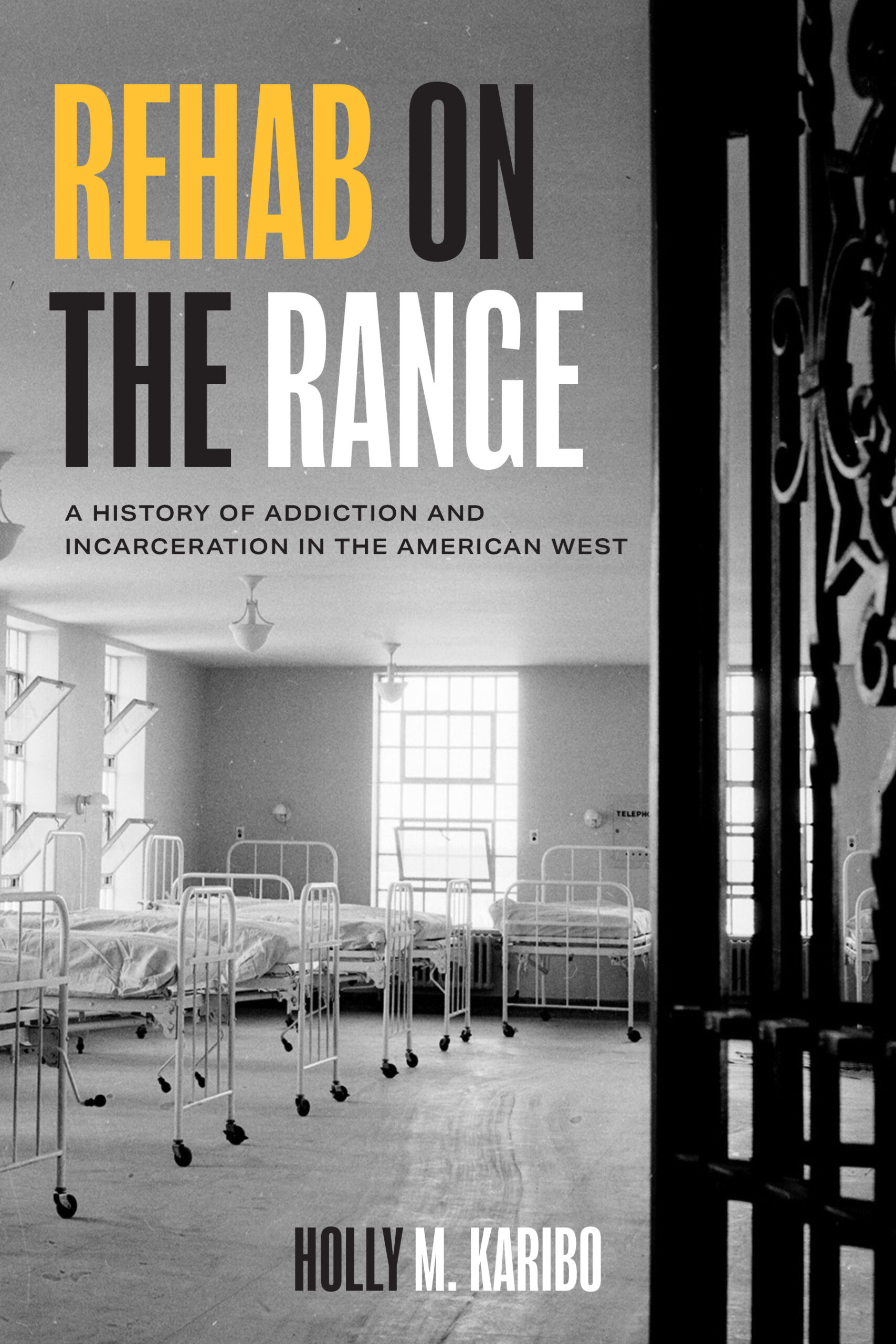A first-of-its-kind program to improve cervical cancer screening in underserved communities is being piloted at Su Clinica locations in the Rio Grande Valley.
Instead of the traditional pap smear normally used to test for Human Papillomavirus (HPV), the new method involves self-collection by the patient in a healthcare setting, making for a less invasive testing option and improving access to testing for people facing barriers to cervical cancer screening, according to the organizations conducting the pilot study.
HPV is the cause of most cervical cancers.
Su Clinica, a Federally Qualified Health Center with locations in Brownsville, Harlingen, Santa Rosa and Raymondville, is conducting the five-year study with the University of Texas MD Anderson Cancer Center and Becton, Dickinson and Company (BD), which developed the BD Onclarity HPV Assay used in the study.
The pilot program is being paid for through a $2.5 million grant from the Cancer Prevention and Research Institute of Texas to MD Anderson. Su Clinica, which is a provider of comprehensive community healthcare services, is implementing it.
The product was approved by the U.S. Food and Drug Administration earlier this year for use in HPV self-collection screening in healthcare settings, according to the company. The goal of the study is to “evaluate the implementation and effectiveness of self-collected HPV testing in a real-world healthcare setting,” according to an announcement of the pilot program.
The study further aims to “identify any challenges and solutions for cervical cancer screening in communities with limited access to health care resources.”
Su Clinica CEO Elena Marin M.D. said that “not only can cervical be prevented, with greater access to vaccines and screening we have a real opportunity to eliminate this disease as a public health problem in our lifetimes.”
“Women in our region are disproportionately affected by cervical cancer, both in terms of rates and mortality, so there is an urgent need to remove barriers to potentially life-saving screening, and self-collection is a pivotal solution,” she said. “Having a test that is safe, private, and easy to use will go a long way towards increasing cancer screening rates for those who may be hesitant or unable to receive a traditional screening.”
The findings from the study will be used to develop potential best practices and blueprints for implementing the program in other underserved communities, with the ultimate goal of slashing rates of cervical cancer and disparities nationally.
“This initiative represents an important step towards achieving health equity for cervical cancer and improving health outcomes for all women,” the study partners said. “Underserved communities often face significant barriers to accessing cervical cancer screening, including lack of insurance, limited health care resources and cultural or language barriers.”
The post Su Clinica implementing HPV pilot study in Valley appeared first on MyRGV.com.
 (2).png)
 3 months ago
116
3 months ago
116








 English (US)
English (US)